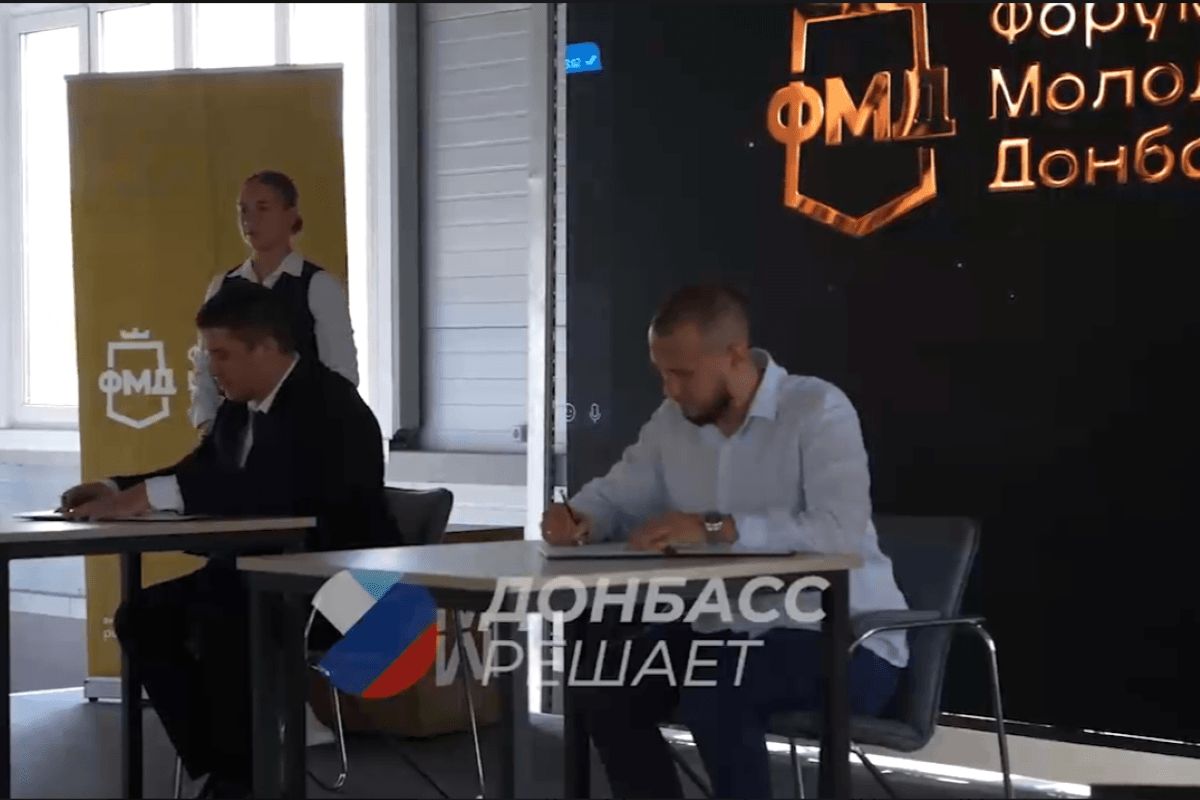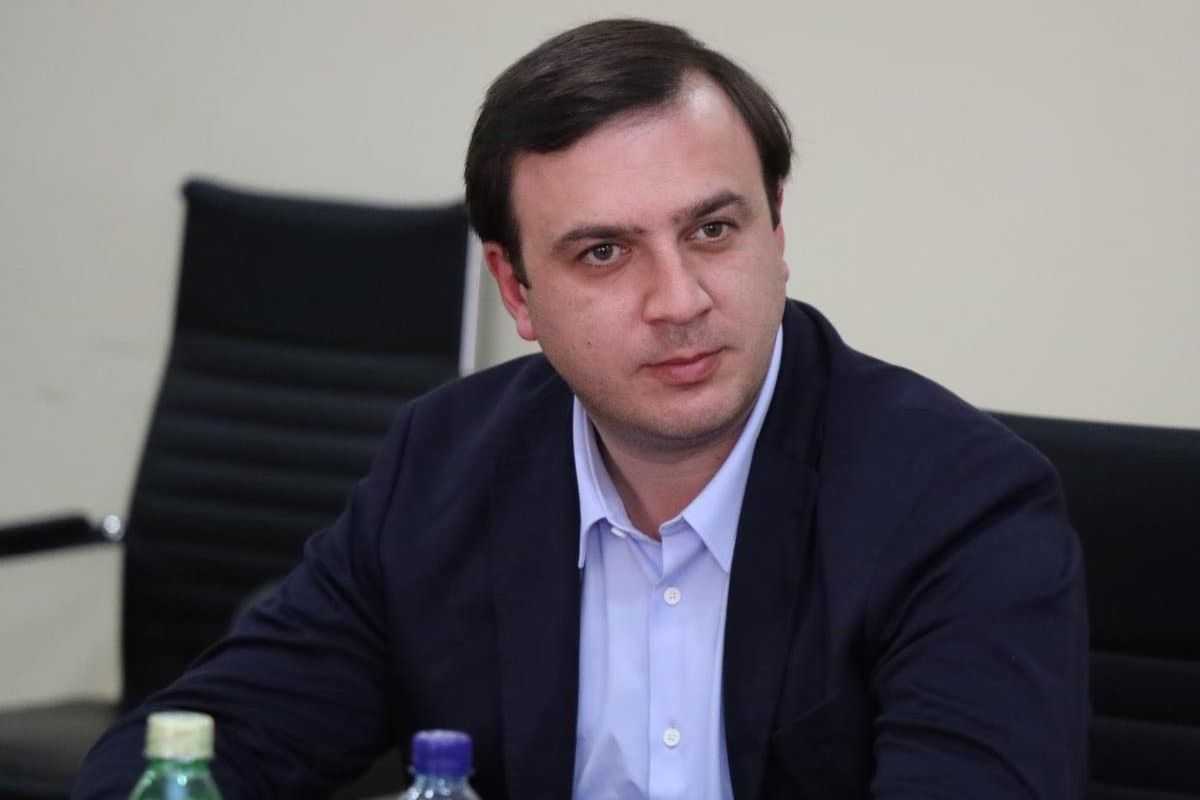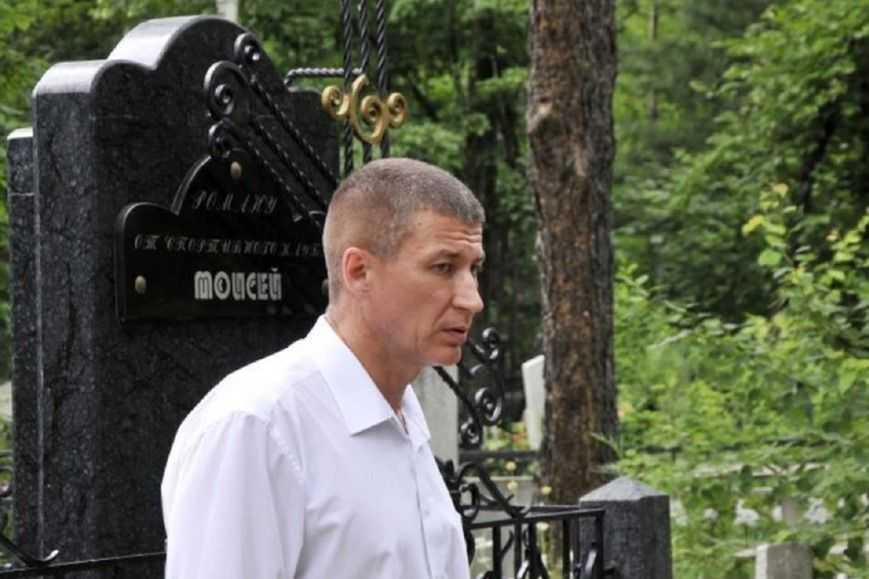
South Ossetia has signed a ‘youth policy cooperation agreement’ with the Russian occupation authorities in Donetsk, pledging to hold joint events and to develop youth relations.
On Monday, South Ossetia’s Committee on Youth Policy and Sports reported that they intended to hold joint events and establish and develop ties between them and the Russian-occupied Donetsk People’s Republic in Ukraine.
The Committee stated that deputy chair Andrei Ottaev had met with Donetsk’s Youth Policy Minister Kiril Makarov to sign the agreement.
A video posted by Donbas Reshaet, a Telegram channel, shows the two officials signing the memorandum. The channel reported that the agreement entailed holding joint congresses, conferences, seminars, festivals, and forums.
It would also reportedly help work on promoting ‘youth tourism’ between South Ossetia and the Donbas through ‘cultural and recreational events’.
Sputnik South Ossetia, a Russian state-owned news agency, reported the move came amidst a ‘large forum of Donbas youth’ on the coast of the Sea of Azov which they said included young people from South Ossetia.
They reported that the event included ‘500 young activists’ from the occupied parts of the Ukrainian regions of Donetsk, Luhansk, Kherson, Zaporizhzhia, Crimea, and Kharkiv as well as the Russian border regions of Belgorod, Voronezh, Kursk, and Rostov, and South Ossetia.
Russian President Vladimir Putin and Children’s Rights Commissioner Maria Lvova-Belova have both been charged by the International Criminal Court with the war crime of the unlawful deportation and transfer of children from the occupied Ukraine.
For ease of reading, we choose not to use qualifiers such as ‘de facto’, ‘unrecognised’, or ‘partially recognised’ when discussing institutions or political positions within Abkhazia, Nagorno-Karabakh, and South Ossetia. This does not imply a position on their status.









